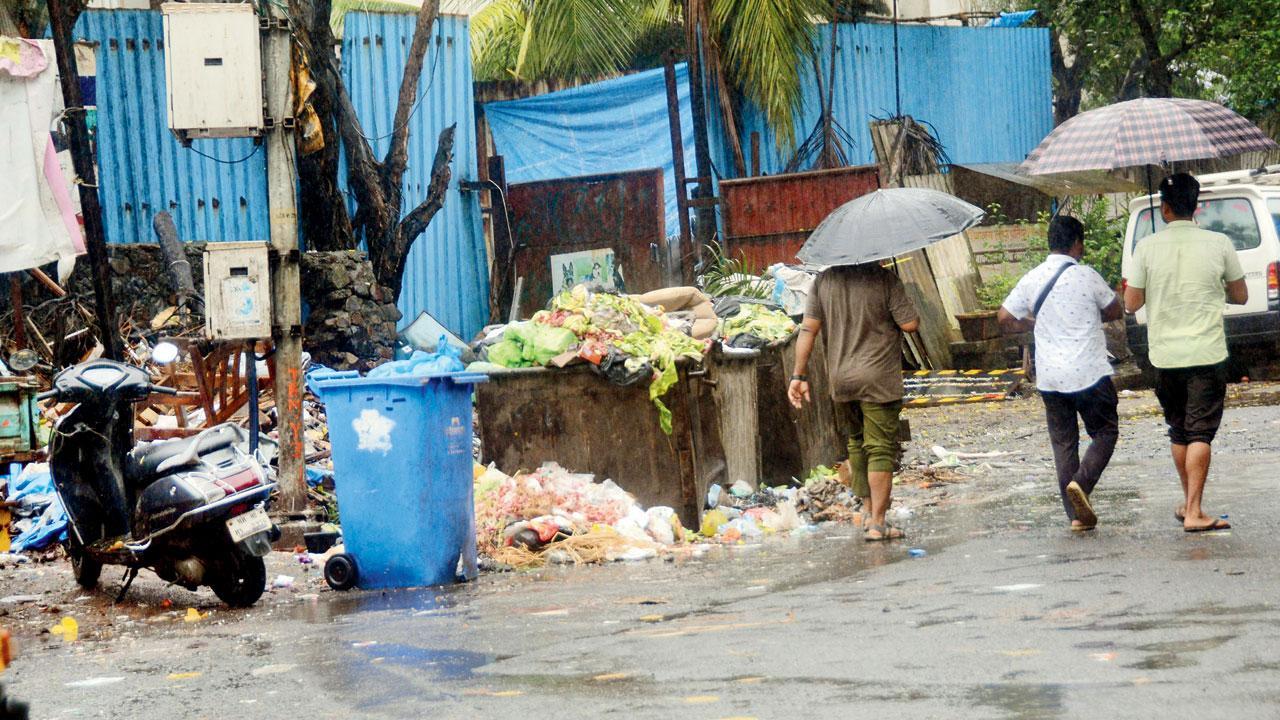After months of planning, civic body gives wards sanitation workers to keep the city garbage-free

Unattended garbage piled up in a nook on Yari Road, Andheri West
After announcing the appointment of 5,000 swachhata doots to implement cleanliness initiatives and lead awareness drives, the BMC has ended up hiring only 532 of them. A majority of them have been deployed at wards, where the garbage issue has escalated.
In December last year, the BMC announced that they would be appointing 5,000 sanitation workers (swachhata doots) instead of clean-up marshals, infamous for slapping fines for spitting and littering during the lockdown. These swachhata doots would not have the power to take punitive action, but would supervise day-to-day cleanliness and garbage collection in their assigned areas.
ADVERTISEMENT
After formulating a policy according to the duties, working hours, and remuneration of the workers, the BMC appointed 532 people across 24 wards. These swachhata doots work under the Solid Waste Management department of the BMC. Interestingly, the department had put up a requirement of at least 892 workers, requesting 88 in L ward (Kurla). However, the L ward has only received 30 sanitation workers.
At 45 workers, E (Byculla) ward received the largest number of workers. The ward had put up a requirement of 55 workers. More than 40 workers have been appointed in the K West (Andheri West and Jogeshwari West) and G North (Dadar, Dharavi) wards, from where the BMC received maximum complaints regarding garbage.
K East (Andheri East, Vile Parle East) and T (Mulund) wards have got less than 10 sanitation workers despite being large in size. Both these wards had placed a requirement of 30 workers. “The scheme has been introduced for those who served the BMC during the pandemic. It’s unlikely that we will employ 5,000 persons, but we will carry out appointments in phases,” said an officer from the BMC.
The primary task of swachhata doots is to focus on waste sorting and ensuring that plastic bags aren’t used. Apart from this, they have to inspect public toilets twice daily and check the implementation of segregation of waste in 50 houses or five housing societies per day.
 Subscribe today by clicking the link and stay updated with the latest news!" Click here!
Subscribe today by clicking the link and stay updated with the latest news!" Click here!








